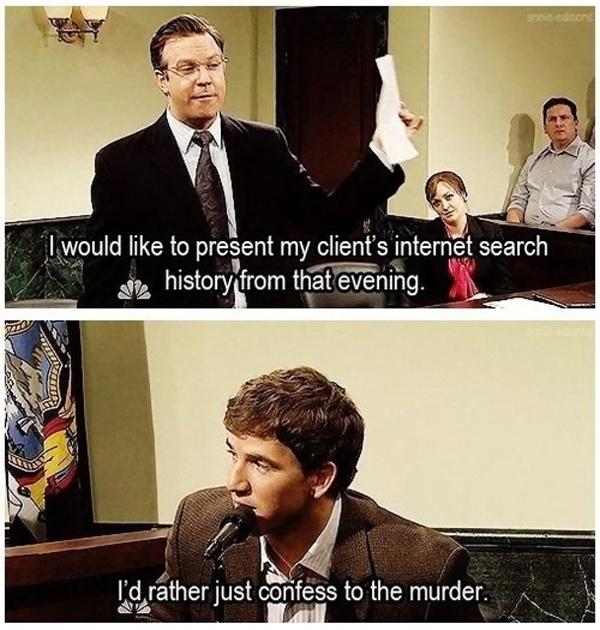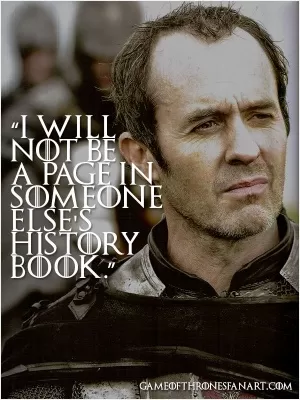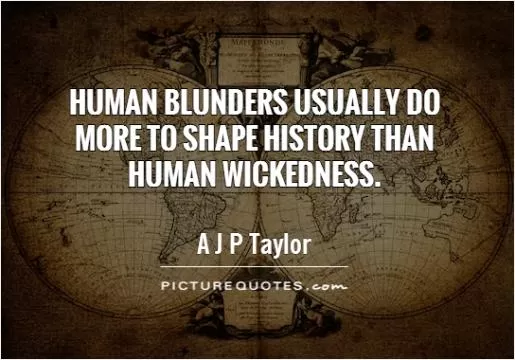I would like to present my client's internet search history that evening. I'd rather just confess to the murder

I would like to present my client's internet search history that evening. I'd rather just confess to the murder
As a defense attorney, I have seen my fair share of challenging cases. However, when my client's internet search history from the night of the murder was presented as evidence, I knew I was facing an uphill battle. The prosecution had obtained a warrant to access my client's browsing history, and what they found was damning to say the least.The search history revealed a series of searches that painted a troubling picture. My client had searched for things like "how to get away with murder", "best ways to dispose of a body", and "how to clean up a crime scene". These searches were made just hours before the victim was found dead, and it was clear that my client had been planning the murder for some time.
As I reviewed the search history with my client, I could see the fear and panic in their eyes. They knew that this evidence was going to be difficult to explain away, and they were starting to lose hope. It was at that moment that my client turned to me and said, "I would rather just confess to the murder."
I was taken aback by my client's statement. Confessing to a crime as serious as murder was not a decision to be taken lightly. However, as I looked at the overwhelming evidence against my client, I knew that a confession might be the only way to secure a more lenient sentence.
I advised my client to think carefully about their decision, but ultimately, they decided to confess to the murder. In court, my client stood up and admitted to the crime, sparing the jury from having to sift through the incriminating internet search history.
While my client's confession did not absolve them of their actions, it did show a level of remorse and accountability that the jury took into consideration during sentencing. In the end, my client received a reduced sentence thanks to their willingness to take responsibility for their actions.
The case served as a stark reminder of the power of technology in criminal investigations. In today's digital age, our online activities leave a trail of evidence that can be used against us in court. As defense attorneys, it is our job to navigate this new landscape and find the best possible outcome for our clients, even when the odds are stacked against us.












 Friendship Quotes
Friendship Quotes Love Quotes
Love Quotes Life Quotes
Life Quotes Funny Quotes
Funny Quotes Motivational Quotes
Motivational Quotes Inspirational Quotes
Inspirational Quotes